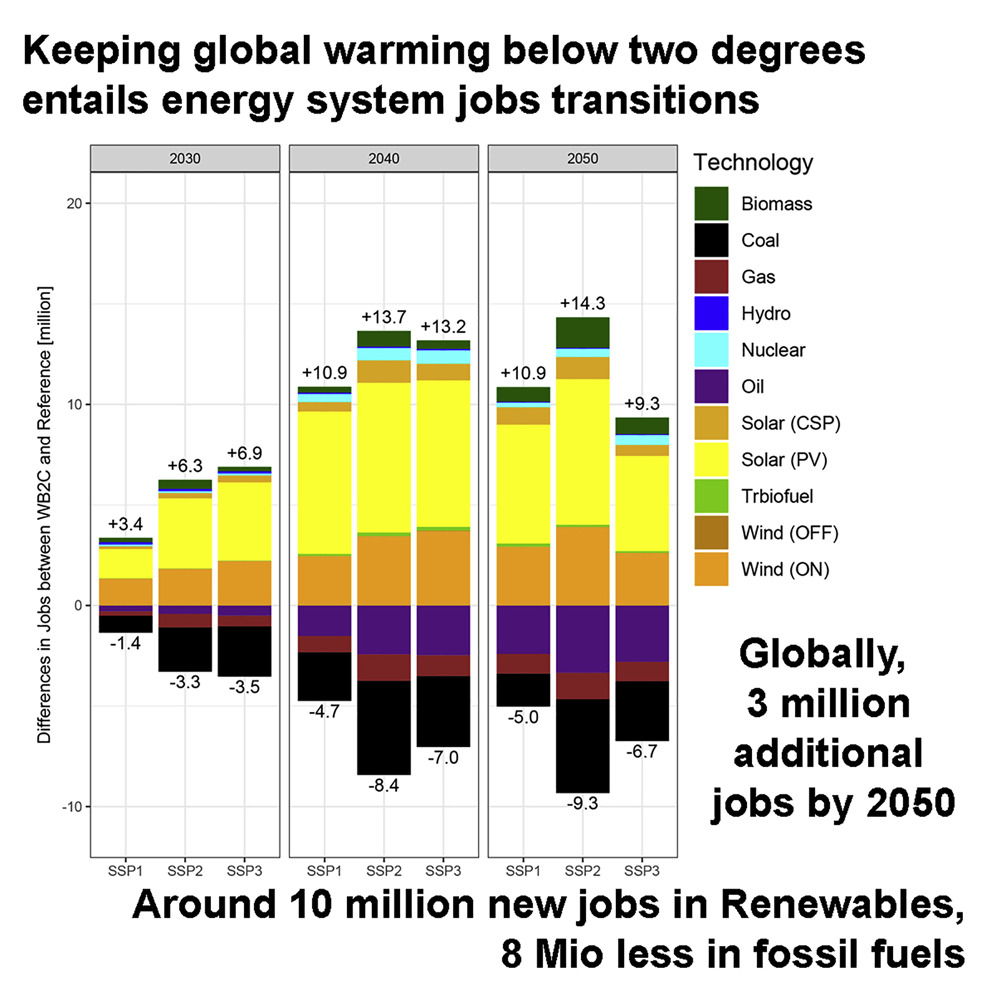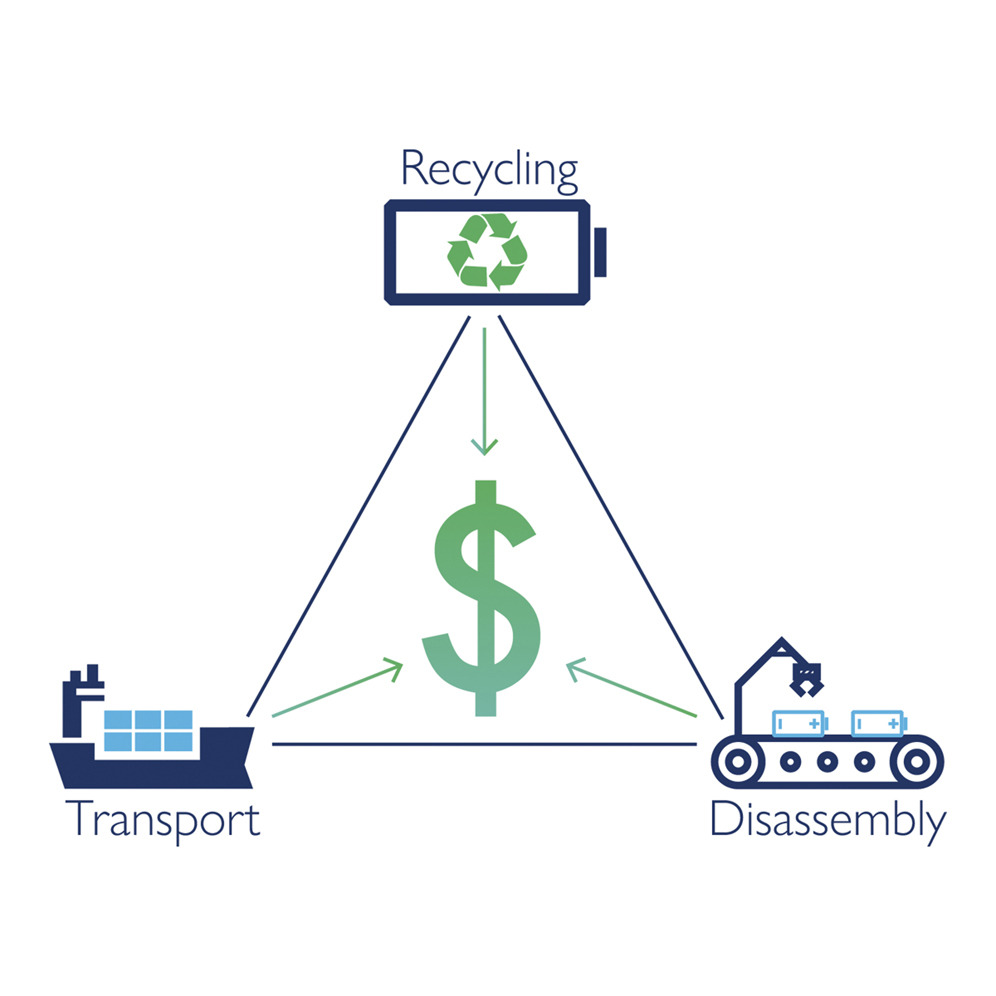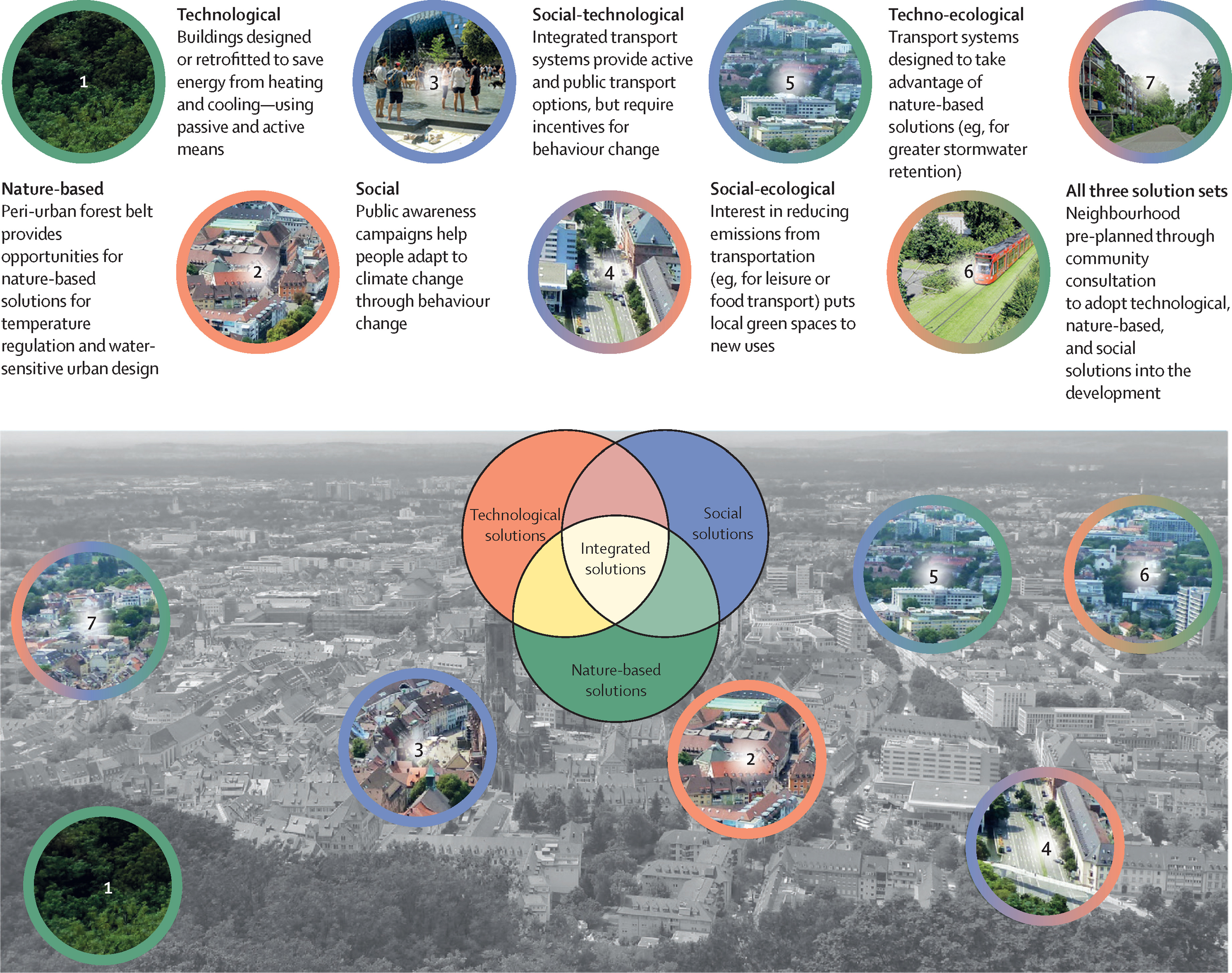Economically viable electric vehicle lithium-ion battery recycling is increasingly needed; however routes to profitability are still unclear. We present a comprehensive, holistic techno-economic model as a framework to directly compare recycling locations and processes, providing a key tool for recycling cost optimization in an international battery recycling economy. We show that recycling can be economically viable, with cost/profit ranging from (−21.43 - +21.91) $·kWh−1 but strongly depends on transport distances, wages, pack design and recycling method.
Record climate extremes are reducing urban liveability, compounding inequality, and threatening infrastructure. Adaptation measures that integrate technological, nature-based, and social solutions can provide multiple co-benefits to address complex socioecological issues in cities while increasing resilience to potential impacts. However, there remain many challenges to developing and implementing integrated solutions.
Neural Engineering Techniques for Autism Spectrum Disorder Volume 1: Imaging and Signal Analysis 2021, Pages 287-313



